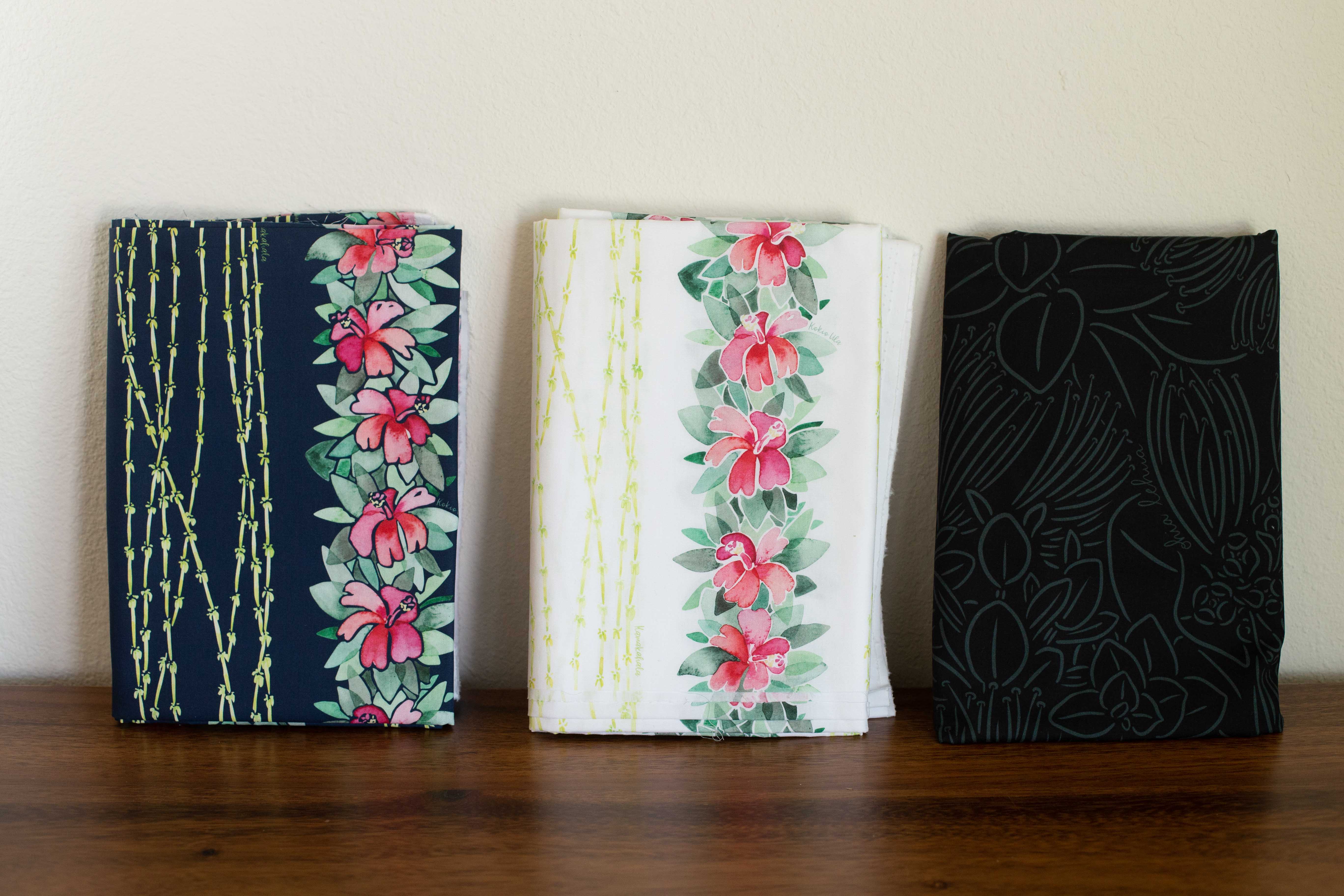Learning Hawaiian
Native Speaker Resources
We cannot stress how important it is to learn from Native Speakers. There are huge differences between native speakers and non-native speakers. For us non-native speakers, we have to change our flow, intonation, pronunciation, accent and overall sound to even begin to enter into the realm of native speech. We personally work hard to speak like native speakers and encourage you to do the same.
Listening - (Native Speakers)
- Ka Leo Hawaiʻi (1970ʻs): Recorded interviews (Not all are native speakers)
- Clinton Kanahele Collection: Recorded interviews (All native speakers)
- Na Hulu Kupuna: Videos interviews of native speakers
- Lolena Nicholas: Video interview of a Niihau woman
- Ma ka halepule i Kalapana: Video interview of Kalapana residents
- Ma ka paina i Kalapana: Video interview of Kalapana residents
- Emma Kauhi: Recording
- Ka makani kaʻili aloha (Kawika Kaalakea): Video interview/story
- Tutu Maluihi: Video interview
- Tutu Maluihi #2: Video
- Tutu Maluihi #3: Video
- Ka Moolelo o Kaohele: Recoded story
- Ke kula Niihau o Kekaha: Video interview
- Mileka Kanahele (olelo Niihau me ka olelo Hawaii): Recording
- Isaiah Kealoha: Video (presentation)
RECORDING YOUR VOICE: We all learned our first language by listening and then imitating what we heard. The most helpful thing you can do to change your flow, intonation, pronunciation, accent and overall sound is to record yourself speaking, play it back, then change make the needed changes!
Listening - (Non-Native Speakers)
- Ka Leo Hawaii Radio Program (1991-2000): Recordings (Some native speakers)
- Kulaiwi Lessons on Youtube: Hawaiian Language Basics
- Lono Ikuwa: Video (cooking)
- Keiki TV: Videos for kids
- Olelo Hawaii Education: Video (panel discussion)
- Kamehameha Publishing: Videos (educational)
Reading
Reading Tip: Find something (like scriptures) that you can have the Hawaiian and English versions side by side. As you read you can go back and forth between the two.
- Ka Buke a Moramona (pdf) - Spiritual Book
- Ka Baibala (pdf) - Spiritual Book
- The Hawaiian Language (pdf) - Instructional Book (by Judd)
- Spoken Hawaiian (pdf) - Instructional Book (by Elbert)
- Hawaiian Grammar Book (pdf) - By Mary Kawena Pukui
- Nupepa - Hawaiian Newspapers from 1834 - 1940ʻs
- Papakilo Database - Hawaiian Newspapers from 1834 - 1940ʻs (preferred)
NATIVE HAWAIIAN NEWSPAPERS: We felt it important to list a number of newspapers that were endorsed and or produced by native Hawaiian speakers. We urge you to give priority to these newspapers but keep in mind that many native speakers wrote in other Newspapers as well, such as Ka Nupepa Kuokoa and Ka Nuhou which were not produced by Hawaiians.
- Ka Leo o Ka Lahui
- Ke Aloha Aina
- Ko Hawaii Pae Aina
- Ke au Okoa
- Ka Makaainana
- Kuokoa Home Rula
- Ka Oiaio
- Ka Ahailono
- Ka Nai Aupuni
- Ka Hoku o Ka Pakipika
- Home Rule Republika
- The Liberal
Writing
- Get a journal and journal in Hawaiian
- Use your phone, ipad, laptop, notebook to jot down notes
- While listening to videos or audio recordings write down what you hear and use it as material to study when you sit down to study
- Social Media - Comment and message in Hawaiian! Our handles @kaulumaika & @ka_alala
Speaking
- We suggest you read aloud and or start talking aloud to yourself to practice
- Family and friends - use as much as you can with your close social circle
- Social Media - comment and message us find others to practice with
Vocabulary
- Wehewehe.org - "Hawaiian Dictionary" was done by a native speaker (Mary Kawena Pukui)
- Nānā i ke Kumu Vol. I and Nānā i ke Kumu Vol. II - These two books include linguistic and cultural elements written from the perspective of Mary Kawena Pukui. A native speaker from Kaʻū, Hawaiʻi.
"ANDREWS DICTIONARY" and "PARKER DICTIONARY" are recommended dictionaries as well. Both were published before the 21st century. A time when the Hawaiian language flourished amongst native and non-native speakers. They are found on wehewehe.org (listed above).
Purchasable Resources
If you have to spend money, we recommend this book. The author, Dorothy Kahananui is a native speaker.
- E Kamaʻilio Kākou - Comprehensive lesson book







